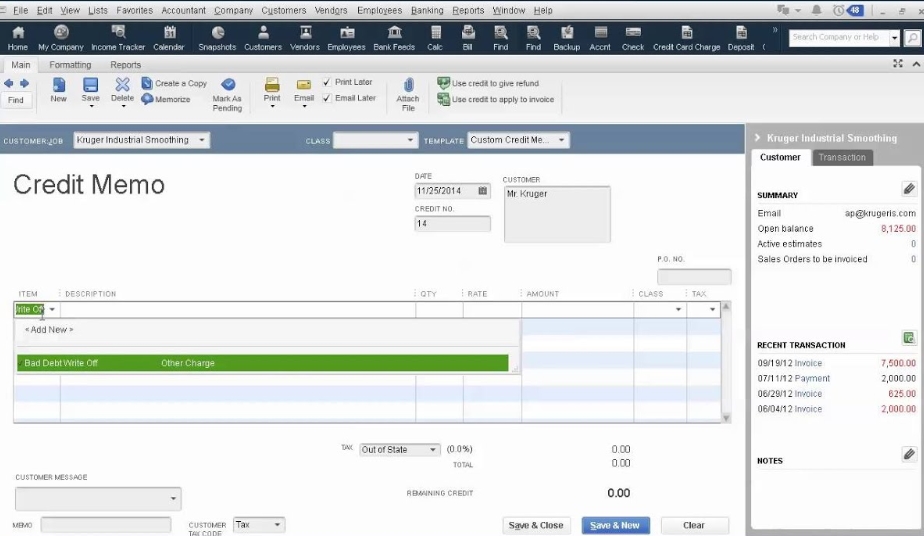How to Remove Fear From the Mind and Heart
Anúncios

There are many ways to deal with fear and anxiety. One simple technique is to simply sit with your fear for two to three minutes and breathe with it. You can also say something like, “I feel this fear like the waves of the ocean.” After sitting with your fear, plan a nurturing activity that will help you move on with your day. You could also write a gratitude list and add to it as needed.
Anúncios
Praying for a clear mind
Fear can creep into our lives at any moment. It may be a simple fear, such as wondering if our children are safe. It could also be a worry that we have about ourselves or our children. Regardless of what our fears may be, they are all just fears.
Shifting your focus to things you are grateful for
If you are prone to negative thoughts, shifting your focus to things you are grateful for can be beneficial for your mental well-being. Your brain will begin to focus on feel-good emotions, rather than on the negative ones, and you will experience more positive feelings. The more positive feelings you experience, the less room you have for negative ones. Gratitude can also help you overcome depression.
Anúncios
One method to use to practice gratitude is to meditate. This helps clear your mind and allows you to focus on the present moment. While doing this, you can practice breathing to keep your focus steady. By maintaining this focus, you will be able to gather your mind and relax.
Another method is gratitude journaling. Studies show that gratitude journals can improve mental health. Researchers studied the benefits of gratitude writing in patients suffering from depression and anxiety. They found that gratitude writing reduced anxiety and depression and improved overall mental health. However, the technique is not necessarily for everyone.
Taping into courage
Taping into courage is a powerful tool for removing fear from our minds and hearts. The first step to tap into this resource is to become aware of your fear. Then, try to think of someone who might be less fortunate than you. Whenever you feel fear, try to find the wisdom that lies behind it. Then, use that wisdom to create your courage.
One of the most common examples of people who tapped into their courage is Nelson Mandela. His courageous action helped many people. Similarly, Mahatma Gandhi and Mother Teresa made a difference in the lives of millions. While their actions were painful for them, the results were worth it in the long run. This is because courage is the absence of fear.
Fear has a habit of creeping into our minds when we are not ready to take the first step. By focusing on the positive and challenging aspects of a situation, we can empower ourselves to tackle our fears and face them without fear. Our ego wants to hold on to what’s familiar and comfortable and resists change. When confronted with an opportunity, our ego will feel fear and shy away.
If we don’t feel brave, we may feel overwhelmed, stressed, or exhausted. These feelings may be the root cause of our lack of courage. However, if we practice courage and take action every day, we can gradually build our resistance to fear.
Shifting your focus to things you are afraid of
Many times, the first step to overcome a fear is to name it and identify it. This can help you identify how the fear is affecting your life, and begin the process of eliminating it from your heart and mind. Eventually, the more you name the fear, the easier it will be to overcome it.
The law of attraction says that what you focus on consistently is what you get. That is not to say that you should avoid being afraid of anything, however, fear is a signal that you are moving out of your comfort zone and must do something that scares you. By rethinking your fear, you can reach your goals and achieve the success you want in life.
Practicing mindfulness
A recent study found that practicing mindfulness helps remove fear from the mind and heart. It also reduces blood pressure and reduces the symptoms of depression and anxiety. While fear can play an important role in our evolutionary past, it can also become unhelpful over time. While it was helpful for our ancestors to avoid dangerous situations, it can be detrimental when we experience it in unhelpful ways.
The basic idea of mindfulness is to notice the thoughts that contribute to our feelings. You can imagine your thoughts as pieces of furniture in a dark room. If you try to maneuver around these thoughts without turning on a light, you may feel frustrated and overwhelmed. Practicing mindfulness helps you navigate these thoughts and feelings gently without becoming frustrated.
Practicing mindfulness helps you reduce anxiety and is an excellent way to learn how to focus on the present moment. In doing so, you will be able to stop fighting your mind and focus on living fully in the present. To learn more about this practice, you can visit BetterHelp. This company features over 20,000 licensed therapists and offers online therapy sessions starting at $60 a week.
Practicing mindfulness can also help you remove fear from your mind and heart. It can help you focus on the present moment and notice when you feel anxious. Once you notice when your anxiety is coming back, you will have more space to change your mental habits. Mindfulness is also beneficial for phobias and powerful fears.
Getting support
Talking to trusted people about your fears can ease the sting of the anxiety. Sharing your fears is important because it makes you less alone and gives you a fresh perspective. It’s also beneficial to get support from a professional, who will be able to pinpoint your fears and come up with strategies to combat them. These can include group sessions, relaxation training exercises, and cognitive behavioral therapy.
It’s human nature to avoid emotions that scare us. However, this often leads to endless distractions and missed opportunities. Moreover, fear won’t go away until we choose to face it. If we hide from it for too long, it will eventually reappear at the time we need emotional equanimity most.
Fear doesn’t always have to be present. If we were completely free from fear, we would not be afraid of anything. However, fear can be a useful warning mechanism. So, we need to control it from time to time. And when we do, we’ll be able to face our fears with confidence.
Understanding the source of your anxiety is a great way to assert your power and change your mindset. Knowing that you can choose not to dwell on your fears is a key step in becoming dominant over them. Fear can affect your mental health, so it’s important to get support from people who know how to help you overcome them.





